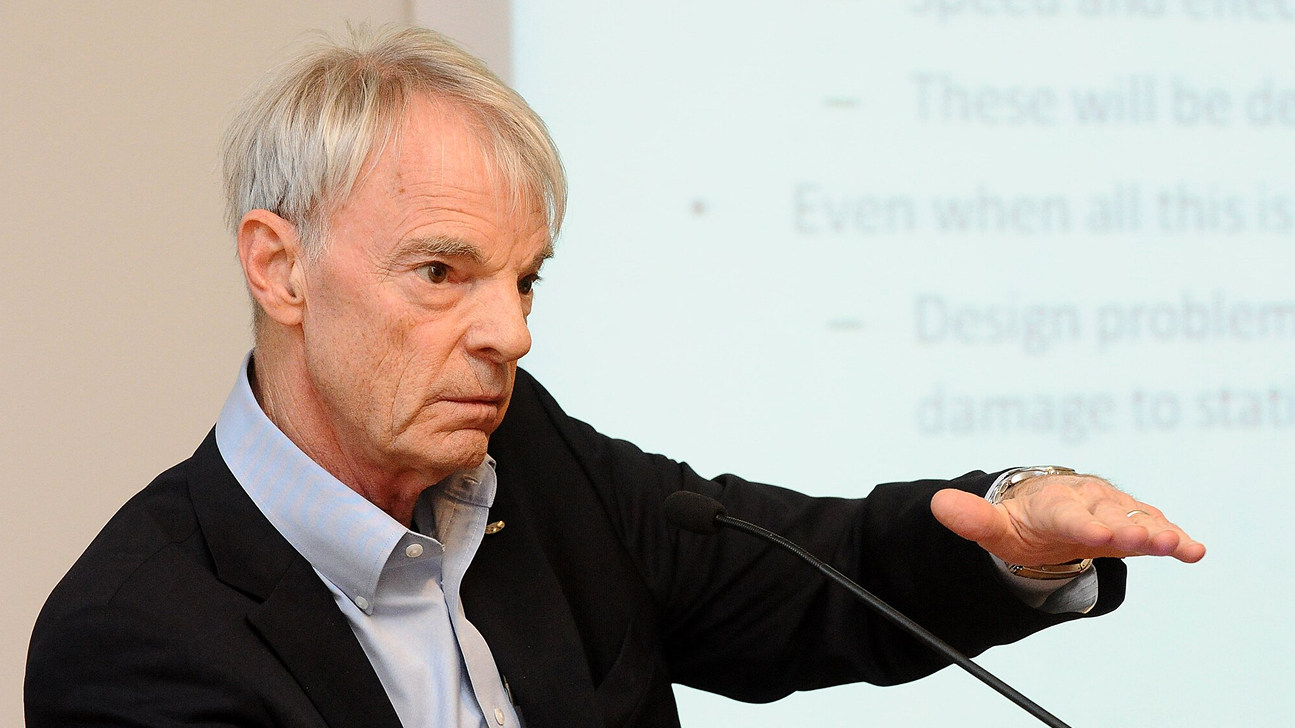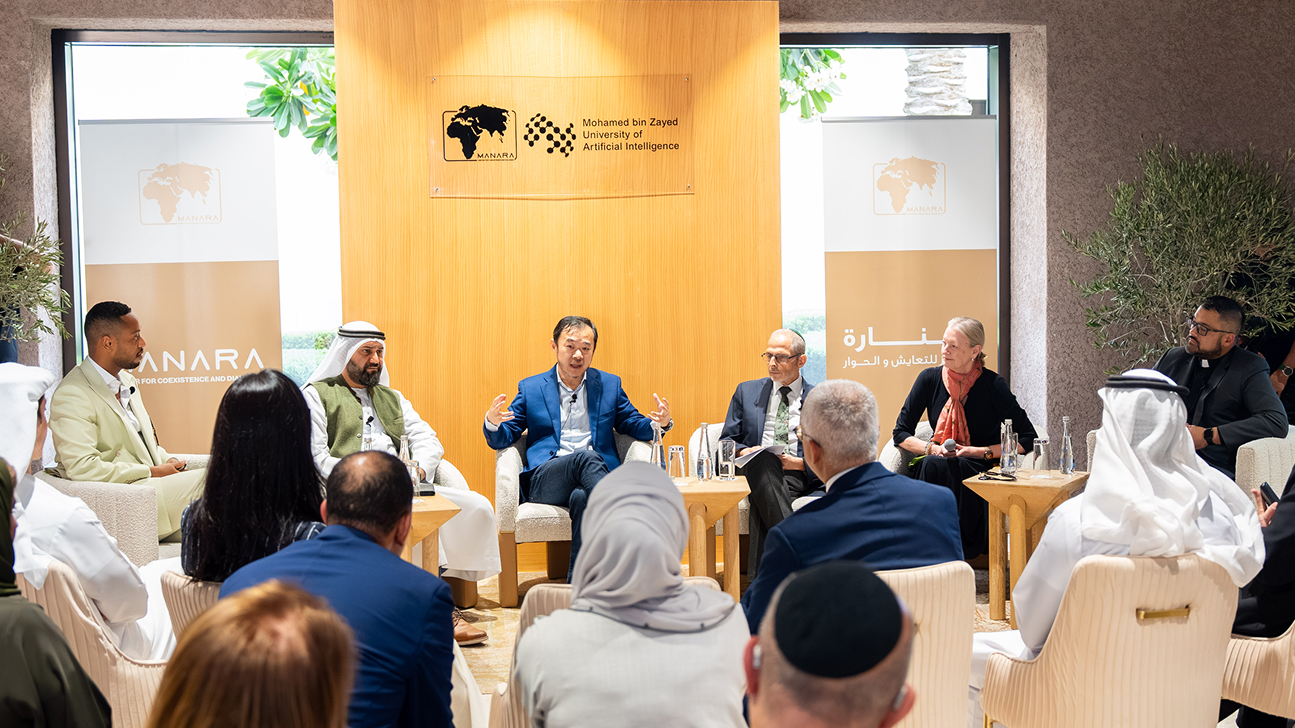Machine learning and natural language processing in support of interactive automated tutoring for non-native
Monday, May 09, 2022
Massive online open courseware, adaptive learning management systems and the like are well-established, but their impact outside of a few subjects such as computer science and maths has been modest so far. The missing ingredient and essential difference between on-line maths or computer science and language learning courseware is objective automated and meaningful learning-oriented assessment (LOA).
LOA, to be useful, must include both a summative and formative component, must address the appropriate linguistic tasks and skills, must be interpretable and actionable by the learner, and must be integrated into an adaptive and therefore personalized learning platform.
I’ll describe how we have exploited (deep) machine learning and natural language processing to develop LOA for non-native writers, building accurate automated graders benchmarked to Cambridge English exams as well as pedagogically useful feedback models to support learners interactively and incrementally improve their writing.
Our writing assessment technology is already in use in Cambridge English courseware such as Empower and Linguaskill, and in Write and Improve (e.g: https://www.youtube.com/watch?v=LpTF_o_eyao).
Speaker/s
Ted Briscoe is Professor of Computational Linguistics at the University of Cambridge. He has published about 150 research articles and three books in the areas of automated speech and language processing. He is co-founder and CEO of iLexIR Ltd., a consultancy and technology provider specializing in language processing applications, and was the inaugural director of the Alta Institute which conducts research into automated language teaching and assessment. In 2009, iLexIR spun-out SwiftKey, maker of the world's most popular predictive keyboard for smartphones. In 2014, he co-founded English Language iTutoring Ltd and was its chief scientist until 2019.
- AI Talks ,
Related
Nobel Laureate Michael Spence on how AI is redefining the global economy
Nobel Prize-winning economist Michael Spence explains how AI is reshaping the economic landscape and what is needed.....
- digital policy ,
- governance ,
- Nobel Prize ,
- guest talk ,
- guest lecture ,
- economics ,
- Economy ,
- Undergraduate ,
Understanding faith in the age of AI
MBZUAI hosted a panel discussion in collaboration with the Manara Center for Coexistence and Dialogue focused on.....
- connection ,
- discussion ,
- religion ,
- spirituality ,
- faith ,
- conversation ,
- panel ,
- Human–computer interaction ,

